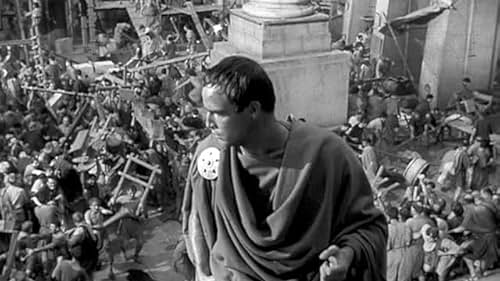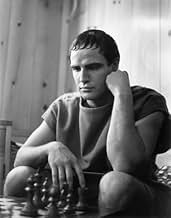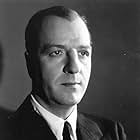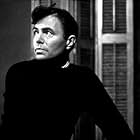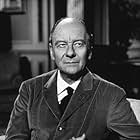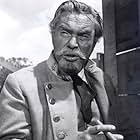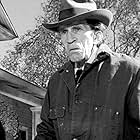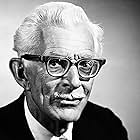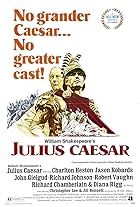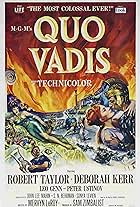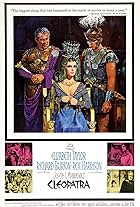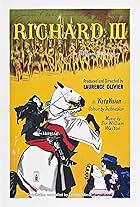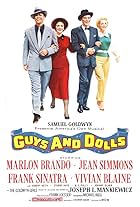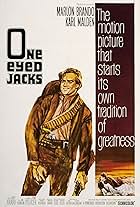The growing ambition of Julius Caesar is a source of major concern to his close friend Brutus. Cassius persuades him to participate in his plot to assassinate Caesar but they have both sorel... Read allThe growing ambition of Julius Caesar is a source of major concern to his close friend Brutus. Cassius persuades him to participate in his plot to assassinate Caesar but they have both sorely underestimated Mark Antony.The growing ambition of Julius Caesar is a source of major concern to his close friend Brutus. Cassius persuades him to participate in his plot to assassinate Caesar but they have both sorely underestimated Mark Antony.
- Won 1 Oscar
- 7 wins & 7 nominations total
- Servant to Antony
- (as Bill Phipps)
- Director
- Writers
- All cast & crew
- Production, box office & more at IMDbPro
Storyline
Did you know
- TriviaThis movie was shot in just 35 days, using some of the sets from Quo Vadis (1951), which were dismantled, flown from Rome to Hollywood, and then reassembled for this film. Producer John Houseman confirmed that it was never intended that the movie be shot in color, as he and director Joseph L. Mankiewicz wanted it to have the urgency of a newsreel, not to look like a costume epic.
- GoofsA well-known bust of Emperor Hadrian is visible during the early dialog between Cassius and Brutus, and, later, at Brutus's villa. Hadrian wouldn't be Emperor for more than 120 years.
- Quotes
Marc Antony: You gentle Romans. Gentle Romans, hear me. Friends, Romans, countrymen, lend me your ears! I come to *bury* Caesar, not to praise him. The evil that men do lives after them, The good is oft interred with their bones; So let it be with Caesar.
- Alternate versionsAlso shown in a computer colorized version.
- ConnectionsFeatured in Precious Images (1986)
It's Shakesepare on Golden-age Hollywood scale, but it's kept intimate when it counts, and the material is allowed to shine fully. This is the Godfather of political dramas, and so many, many lines have been taken into just everyday grammar; aside from the 'fault is not in our stars' line, listen for others like ' O pardon me, thou bleeding piece of earth' or 'it was Greek to me'. And yet it's not simply that these actors get some of the meatiest-dramatic lines ever written, like in the history of all civilizations, but that this is all about what it means to have, take, live with, demolish and get back or keep protected Power, with a capital P.
It's almost unfair to give a proper review to the film after seeing it once, as certain big set pieces - or even a couple of the conversations that Cassius has with Brutus or the other Roman senators plotting the death of their "beloved" Caesar - are quite dense with visual touches and details of performance. When Brando has his major set piece (he's not in as much of the film as you might expect, but his presence is felt more, which seems to be a thing with Brando character), addressing the crowd devastated over the loss of their ruler, it's a pinnacle of acting. He isn't just talking to no one, or to himself. He's making it very personal, all the more sad and that the revenge against the betrayers all the more stronger. How to sway a crowd is the name of the dramatic angle here, and it's the stuff of the best Hollywood dramatic acting, writing and direction (and art direction too, what sets) could offer.
Is it perfect? Maybe not. The final battle is good but almost, to me, a little short, as if Mankiewicz steps up to make an epic conclusion, but decides to side-step it as if he isn't totally trusting in his capabilities (that would come later, one supposes, with Cleopatra as far as BIG epics went). And yet the final moments with Cassius and Brutus are so effective it makes one want to say nevermind. Especially Gielgud impresses here, with a role that requires a lot of forceful talking, bordering on yelling, with declarations and insinuations and other things - as big as his acting is, just as with Brando and Mason to an extent, though he kind of pulls it back when he can (see the tent scene between Brutus and Cassius before battle), there's subtleties there, little moments you can see the actor working through the emotional logic first, the dense Shakespeare poetry second.
As with many Shakesepare movies, it may help being familiar with the play ahead of time to get all of the words and idiosyncracies of the Bard prose. But as far as just the core story goes, it's the stuff of legend. Surely one of those films of the 50's, along with On the Waterfront and Streetcar, where you can run it in an acting school and it might almost be enough to show the movie without any lecture to understand how to command attention from a partner, the audience, the whole world.
- Quinoa1984
- Aug 8, 2015
- Permalink
- How long is Julius Caesar?Powered by Alexa
Details
- Release date
- Country of origin
- Language
- Also known as
- Jules César
- Filming locations
- Production company
- See more company credits at IMDbPro
Box office
- Budget
- $2,070,000 (estimated)
- Gross worldwide
- $10,831
- Runtime2 hours
- Color
- Sound mix
- Mono(Western Electric Sound System, original release)
- Aspect ratio
- 1.37 : 1
Contribute to this page


